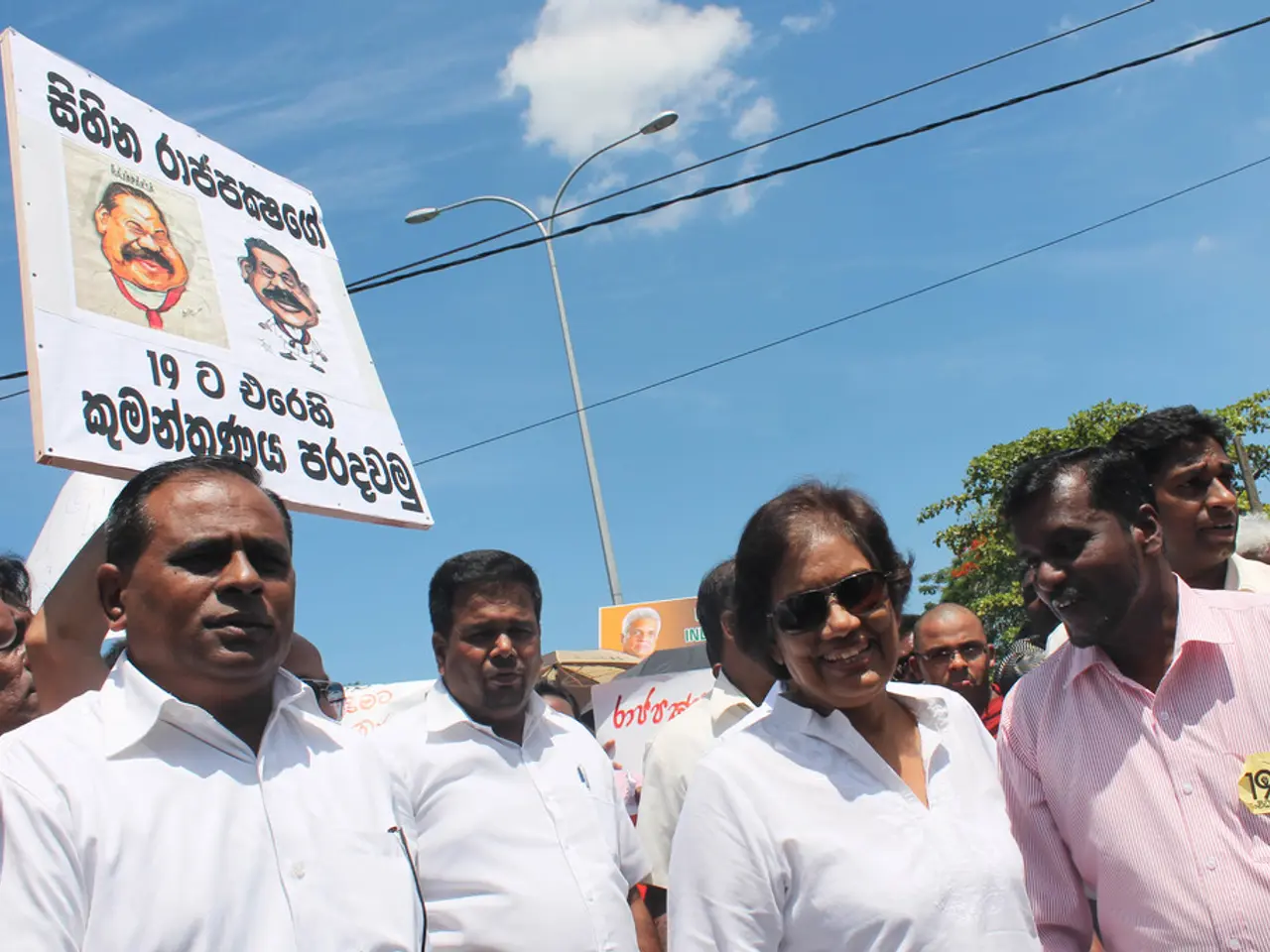Workers leaving amidst strife leads to labor shortage
In recent weeks, a significant exodus of Cambodian migrant workers has been observed in Thailand, triggered by growing unease following border tensions between the two countries. According to reports, over 300,000 registered Cambodian migrant workers have returned to their home country, with estimates suggesting that the total number may have exceeded 2 million before the recent departures.
The departure of these workers is causing concerns about labor shortages, particularly in the agriculture and manufacturing sectors, especially in border provinces. For instance, Chanthaburi province is experiencing strain in the agricultural sector due to the departure of Cambodian migrant workers, who form a large portion of the workforce in key industries.
The Migrant Working Group (MWG) has emphasized the importance of stopping this exodus to prevent sudden workforce shortages. Adisorn Kerdmongkol, coordinator of the MWG, stated that the departure of workers is due to a lack of clear communication and assurances from Thai authorities regarding their safety and legal protections amid the dispute.
Efforts to replace Cambodian labor with workers from Myanmar and Laos are underway, but there are major challenges. Myanmar workers tend to work in northern and western industrial zones, while Lao workers are few and mainly in services. Additionally, legal and logistical obstacles delay the scaling of their employment, leading to seasonal and localized shortages, particularly during harvest periods.
This replacement difficulty has led to operational disruptions for manufacturers and farmers, with some having to scale back activities. The crisis highlights Thailand’s dependency on Cambodian labor and accelerates plans for a structural shift towards technology-driven, less labor-intensive production to mitigate similar risks long term.
However, in the short term, the labor market remains strained, affecting Thailand’s competitiveness in labor-intensive manufacturing and agriculture. Furthermore, the impact extends to Cambodia's economy due to lost remittances. The MWG has agreed with a proposal to import workers from Sri Lanka to replace Cambodian workers, but no further information about the potential source of workers has been provided.
Sahassawat Kumkong, a People's Party MP for Chon Buri, reports a rapid and unexpected decline in Cambodian workers in Thailand's eastern provinces. Saritpong Kiewkong, chairman of the House committee on labor, also mentions that the total number of Cambodian migrant workers in Thailand might have been over 2 million before the recent departures. The MWG has also stated that the real number of returning Cambodian migrant workers could be higher when including unregistered and informal workers.
Despite doubts about whether the Cambodian government can offer sufficient jobs or pay upon their return, many Cambodian migrant workers are leaving Thailand. The article does not provide information about the reasons for the sudden increase in the departure of Cambodian migrant workers beyond the earlier mentioned border tensions between Thailand and Cambodia. The National Security Council has confirmed the scale of the outflow of Cambodian migrant workers, as stated by Saritpong Kiewkong.
- Politics and general news outlets are reporting an increase in the departure of Cambodian migrant workers from Thailand, with concerns arising about the potential impact on the labor market, particularly in sectors reliant on migrant workers, such as agriculture and manufacturing.
- War-and-conflicts, crime-and-justice, and political issues might be factors influencing the decision of Cambodian migrant workers to leave Thailand, beyond the reported border tensions between the two countries, but further information is needed to understand the full scope of the issue.







